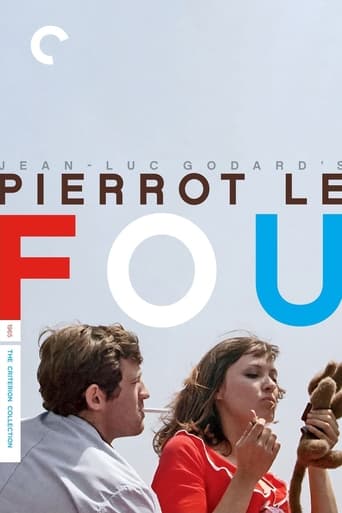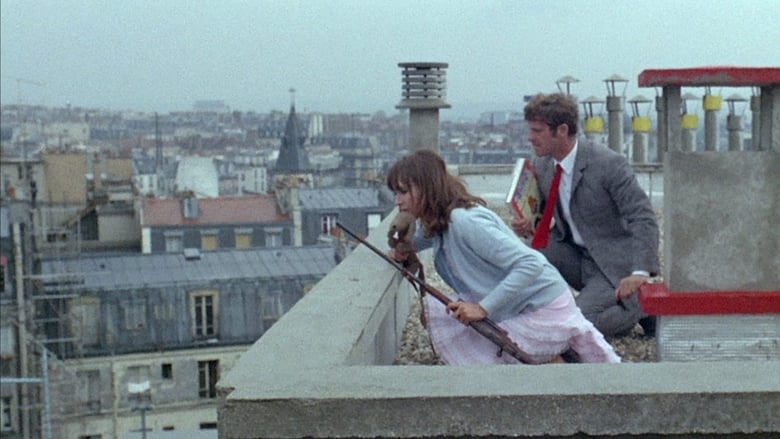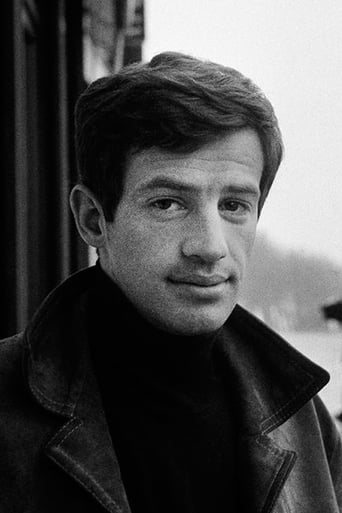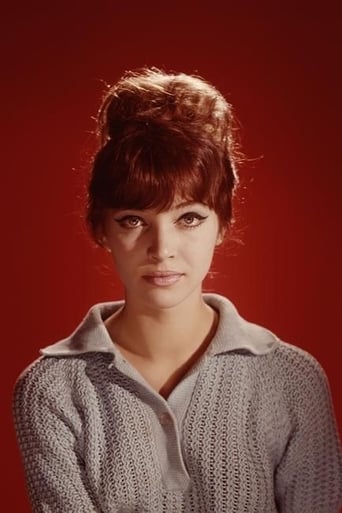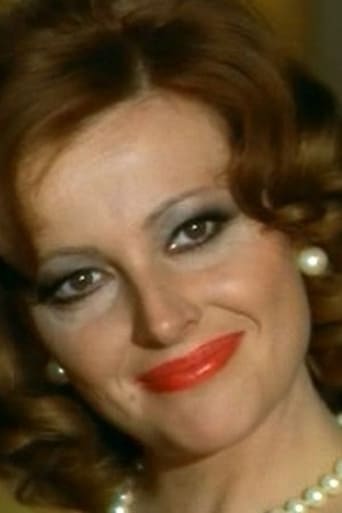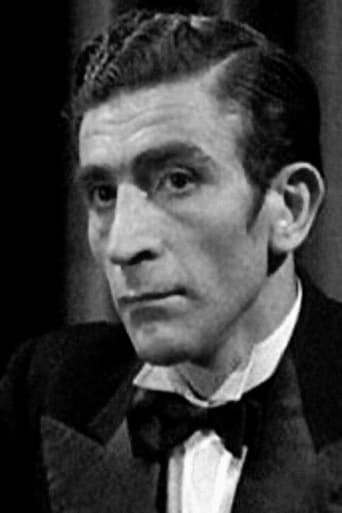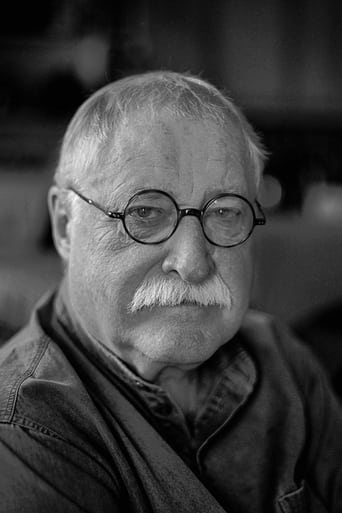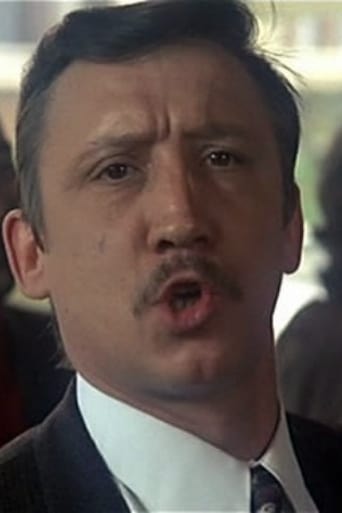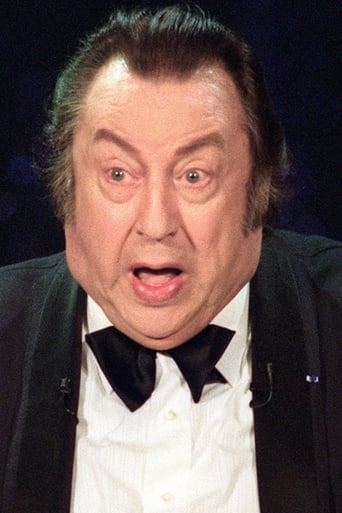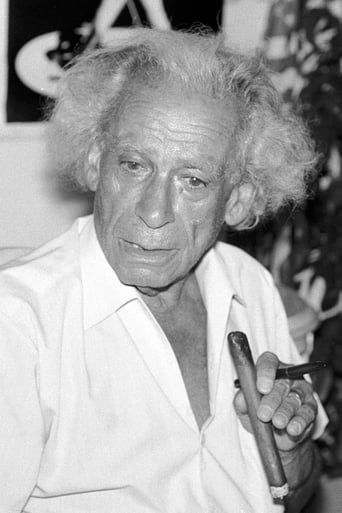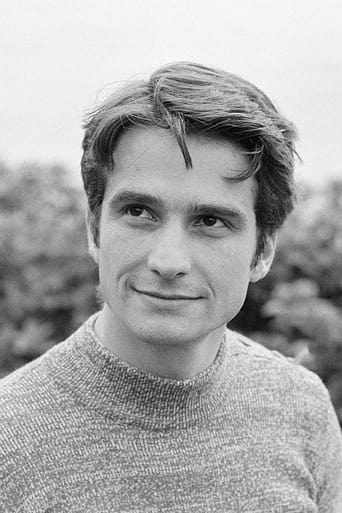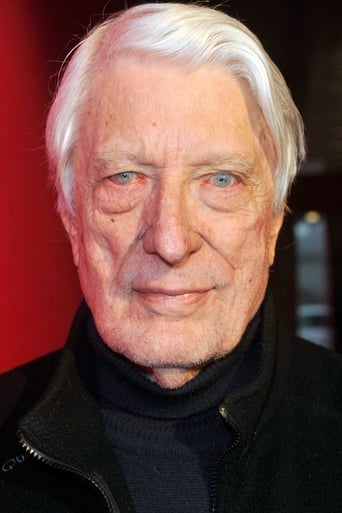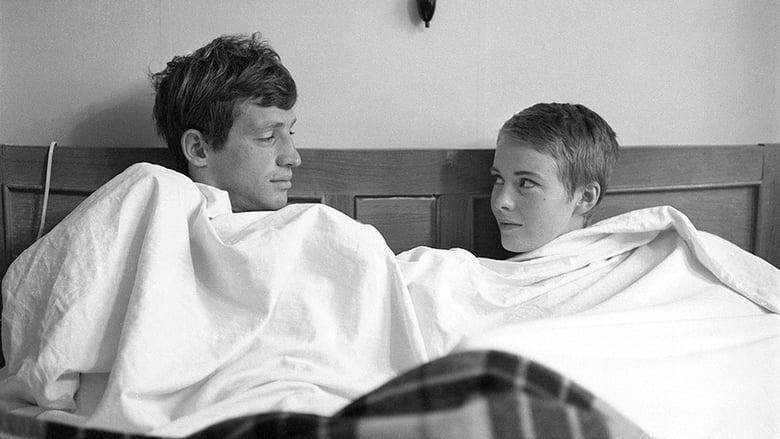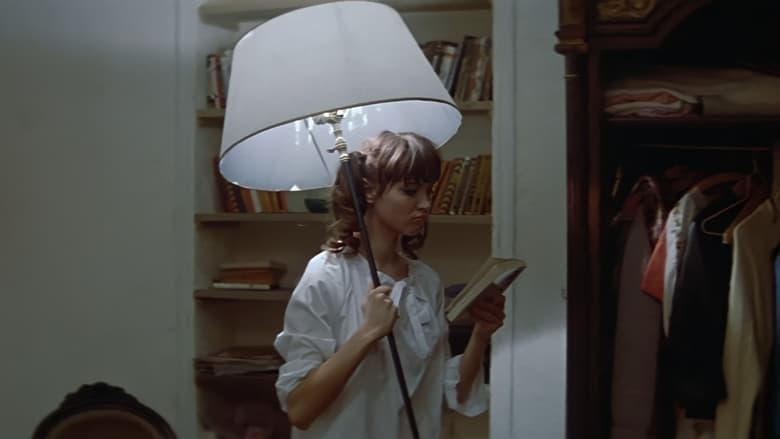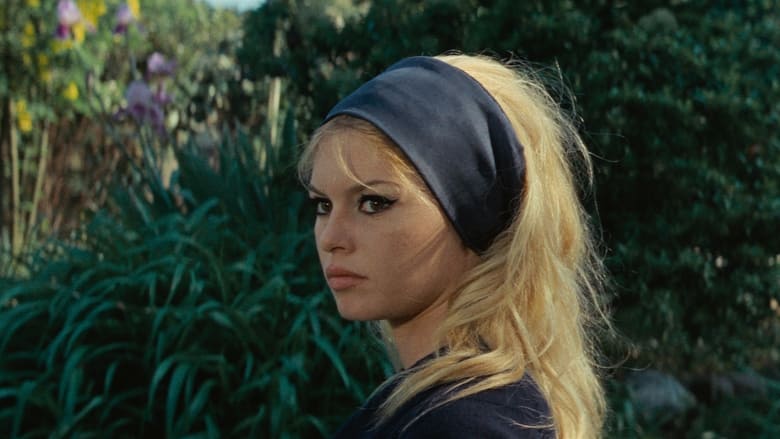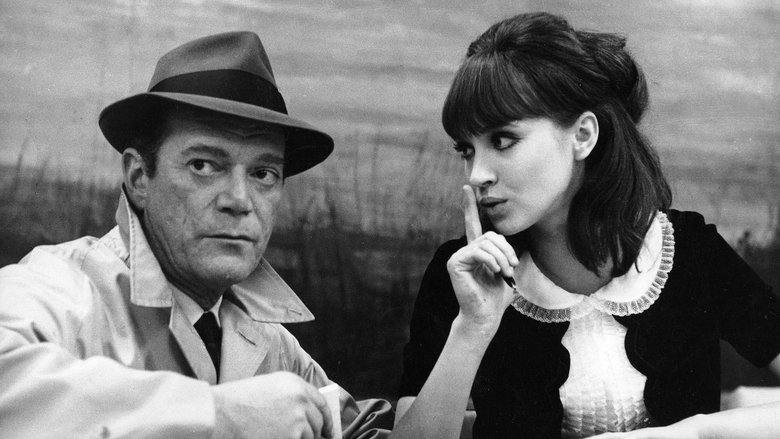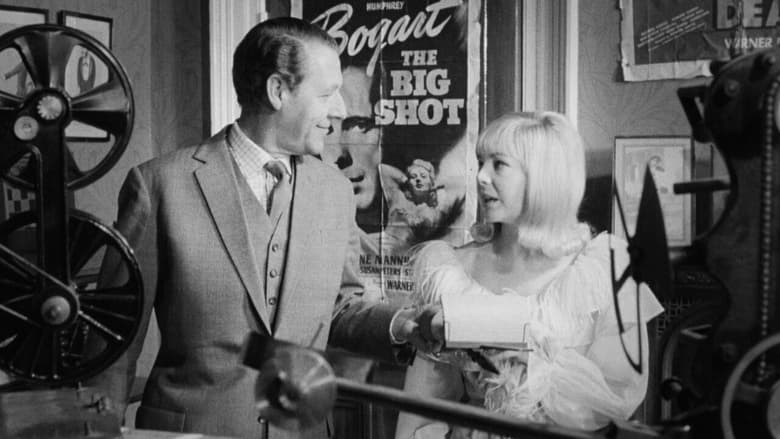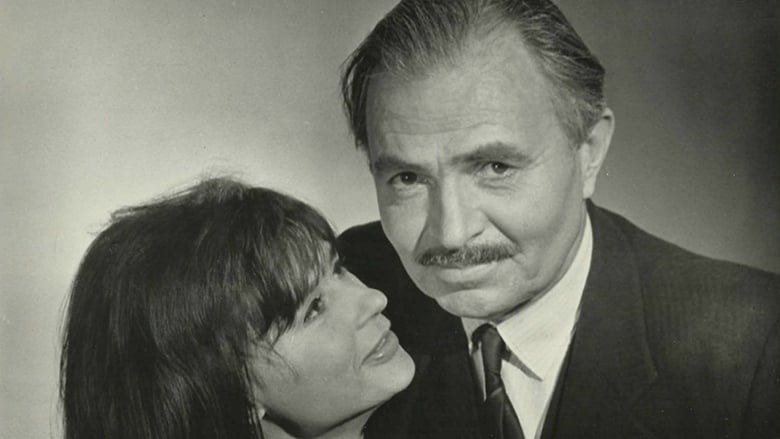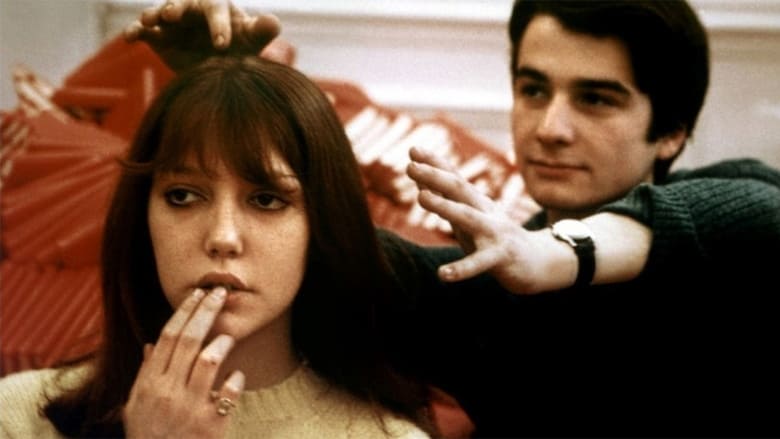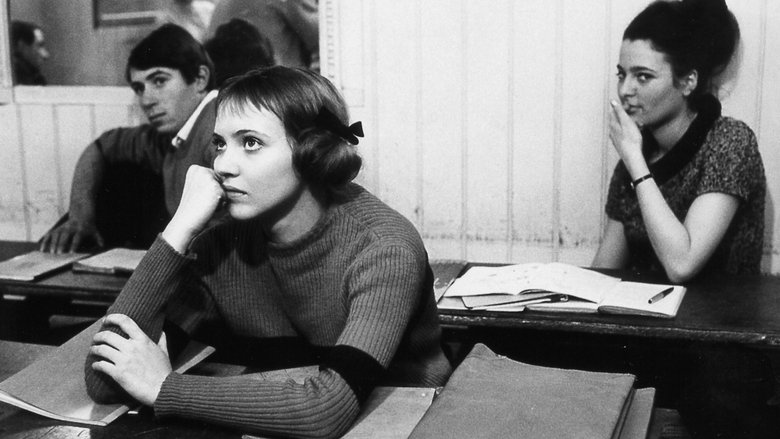Pierrot escapes his boring society and travels from Paris to the Mediterranean Sea with Marianne, a girl chased by hit-men from Algeria. They lead an unorthodox life, always on the run.


Similar titles
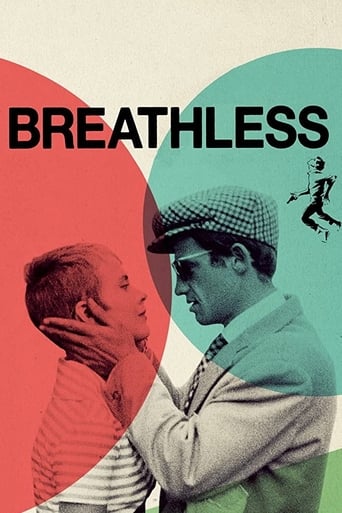
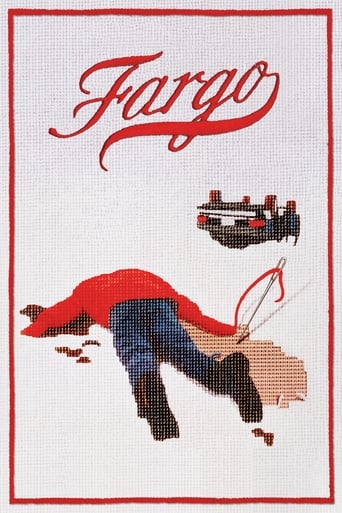
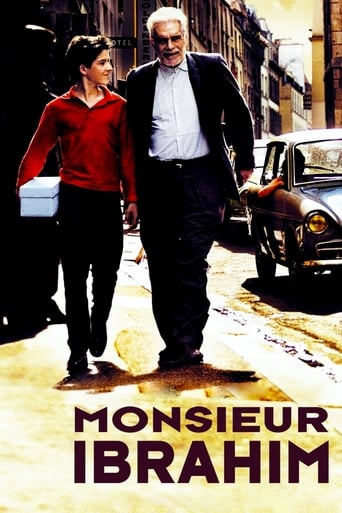

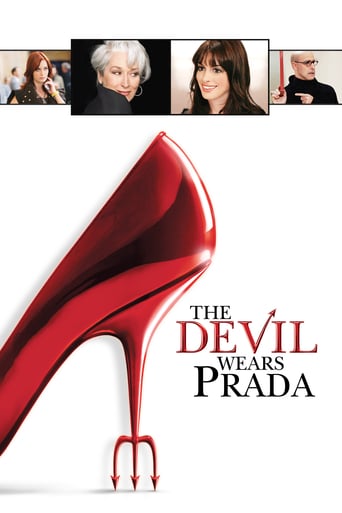
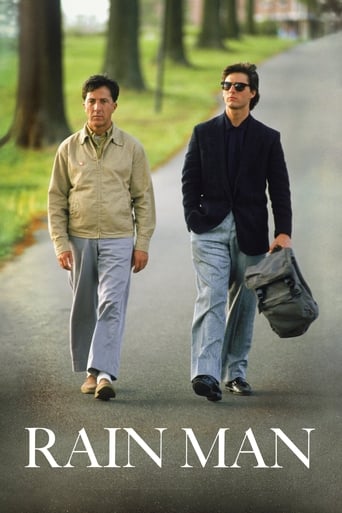
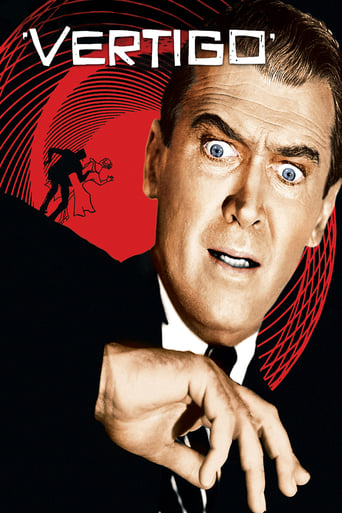
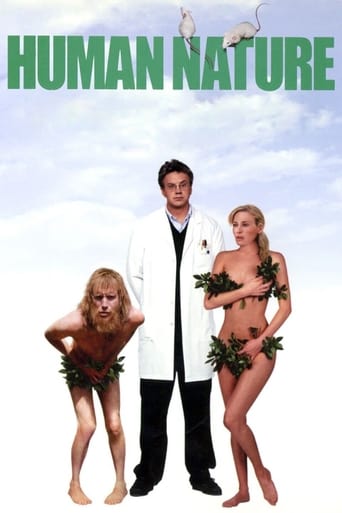
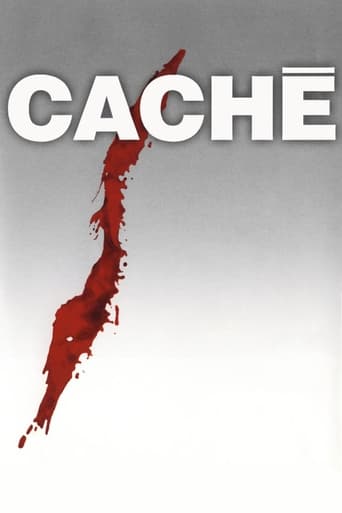

Reviews
PIERROT LE FOU is a romantic crime comedy film that, through a parody treatment to the American gangster film examines human relationships and the existence in an imperfect society. This is a film that, in a messy way, shows to us a series of murders, thefts and disagreements, through a crazy love story. It is based on the 1962 novel "Obsession" by Lionel White.It is the story of Ferdinand and Marianne. He is unhappily married and has been recently fired from his job. She is a student and his ex-girlfriend. Marianne is being chased by gangsters. They become a crazed couple on the run. He reads books, philosophizing and writing his diary. She wants to sing, dance and act. Although it seems that they are crazy in love, their relationship becomes very tense...On one hand, the protagonists are intelligent madmen who are isolated in an imperfect world, on the other hand, they are young people who do not know what they want in life. The film is full of references to the history of cinema and painting, quotations from literature, music and political situation. Mr. Godard has drew a thin line between tension and impatience, which includes lies, deceit, sex and ultimately tragicomic end.The scenery is striking, characterization, which includes introverted protagonist, is quite good and the soundtrack is very pleasurable.Jean-Paul Belmondo as Ferdinand Griffon,"Pierrot" and Anna Karina as Marianne Renoir are charming and eager young people in love who want to be together, but constantly flee to themselves. Their characters lack patience and calmness. In that case, a fraud and a suicide have a different meaning.This is, perhaps, the most amusing wandering in an universal patchwork directed by Mr. Godard.
The French New Wave drew much inspiration from American crime stories, and Jean-Luc Godard's 1965 film PIERROT LE FOU has a plot that is essentially simple: Ferdinand (Jean-Paul Belmondo), five years into a marriage that leaves him unsatisfied, meets his children's babysitter and discovers that she's an old flame of his, Marianne (Anna-Karina). They both want to run away, and as it turns out that Marianne already has some experience in the criminal underworld, the pair steal some cash and head towards the south of France. On their way to what they hope is a better life, they leave a trail of more crimes in their wake. However, tension builds between the two, as Pierre is mopey, obsessed with literature, and pessimistic, while Marianne is a capricious and spontaneous personality who doesn't want to think about the future. When they are confronted by some other gangsters in Nice, things come to a head.But it is the extremely elaborate way in which this story is told that elevates this from a cheap thriller to a masterpiece of avant-garde cinema. Certain of the scenes are depicted outside of chronological order. Other scenes are depicted with exaggerated features, often becoming absurdist metaphors for the action that the audience should understand has happened. Two dialogues between the lovers turn into musical numbers. Even in straightforward thriller plot turns like shootouts, Godard avoids any pretence at realism. The old Brechtian technique of alienation, where the audience is continually reminded that they are watching staged action and not the real thing, is thus abundantly employed. Furthermore, Godard confronts 1960s consumer society and the Vietnam War.It's modernist and highly personal, sure, but PIERROT LE FOU is also instantly accessible to an open-minded audience due to its pop art feel. The colours in the elaborate set designs and landscapes are electric, it's as if Godard and cinematographer Raul Coutard in 1965 saw more shades of everything than we do today, and could bring hyper-sensory perception across on film. Karina and Belmondo are not only masterful actors in themselves, they also have great chemistry together. When it all comes down to it, PIERROT LE FOU is simply an emotionally moving film. After I saw it the first time, I felt as if my life had changed forever, and I swiftly scheduled another viewing (the film continues to impress on rewatching).I don't know if this would be the best introduction to Godard. However, there is an especial pleasure in seeing his films in chronological order and coming to PIERROT LE FOU after the director's nine preceding feature films. Godard packed this film's storytelling technique, costumes, film score, and other elements with references to each of the movies he had made to date. These little winks, looks back at a productive and already storied career that in fact had only started six years before, are fun for aficionados.
Like much of Godard's work, "Pierrot le Fou" doesn't have much of a plot so much as a basic premise. Frenidand, bored and alienated by his robotic upper class peers, leaves a party on bad terms and runs into his still at home babysitter. He drives her home, and then the two start to fall in love. Then they run off, and the rest of the film is their misadventures.The film is filled with subversions and deconstructions. The soundtrack inexplicably stops and restarts throughout. Characters talk directly to the audience, and at points even just flat out say "the audience". The characters are well aware they're in a movie at points ("let's go back to the gangster picture"). There are a few musical numbers, though they are very low key, lacking the grandeur and choreography one would expect. In fact, I love the musical moments in this film because they are so low key and unobtrusive. Action sequences are truncated and undermined. The characters narrate, often telling the audience what the next chapter is, which is pretty much always despair, bitterness and hope. Godard is determined to tear down the curtain, to never let you forget you're watching a movie.Yet, all of these elements come together naturally. It never crosses into stupid pretentiousness. These elements only serve to enhance and give a new layer to a film that is still deeply compelling. Godard apparently didn't care to be sentimental (a lot of the European art directors don't care for that word) but sentimental is one way I'd describe the movie. Here we have two characters whose common ground is being unable to live in their current state of life: Fernindand because it's devoid of any intellectuality and passion, Marianne because she seems incapable of living in a steady life and becomes bored quickly. It's for this reason the two are drawn toward each other and run away together.Much of the film is made up of episodes, as the two end up on a "Bonnie and Clyde" style crime spree (a whole two years before the definitive Bonnie and Clyde movie made waves in the united states), robbing people and trying to stay one step ahead of the police as well as gangster Marianne has angered. The movie is very comedic in it's tone, and while it's easy to laugh at the absurdities of what you see, I found the most humor in the subversions and pot shots at cinematic tropes. In contrast though, you'll have the characters, whether in narration or talking to the audience (especially Fernidand) giving beautiful narration and monologues, punctuated by beautiful imagery (did I mention the film looks really good?). Their feelings for each other indeed begin being put to the test, as while the similarity brought them together, their differences start to bring them into conflict, shown when the characters are hiding out in a beautiful resort with nothing to do. When Marianne suggests going back to "the gangster picture", their crime spree, it makes clear that the distraction of danger and adventure may be what keeps them together.This blending of comedy and deconstruction with almost poetic resonance of feelings comes to ahead in it's ending, which I won't spoil, but needless to say it is both hilarious and touching.If you've seen any of Godard's other films, you have a good idea of what you're in for. If you've never seen a Godard film, this one might catch you off guard, but it's probably among his more easily accessible films.
There is a scene I simply love in Jean-Luc Godard's Pierrot Le Fou, so much so that I'd say it's one of my favorite scenes I have yet to see in any Godard film next to the lengthy tracking-shot in Weekend. The scene comes early on in the film and shows our two criminal leads Ferdinand (nicknamed "Pierrot," played by Jean-Paul Belmondo) and Marianne (Anna Karina) driving along with news on one-hundred and fifteen guerillas being killed. It is then that Marianne states how inherently dehumanizing that statement is to the one-hundred and fifteen victims simply because we don't think of them as one-hundred and fifteen different people but just an empty statistic. We forget that some of those men had families, some even children, and all had their own thoughts and feelings as well as opinions and viewpoints on certain things. A simple statement attempting to collectively include them all can effectively make them less humane and less reminiscent of people.Marianne doesn't stop there. She continues on to say that even photography, albeit interesting, is a bit dehumanizing in its own right. It freezes a moment of time on a simple piece of paper, but the simple caption usually provided at the bottom doesn't do enough justice to the man's personality. In addition, who knows what he was thinking at that moment? He could've been thinking about his life, the world, politics, basketball, etc at that one very moment in time. We'll never know and that heightens the mystery and enigma provided by a photograph.Pierrot Le Fou possesses some of the most incredible observations about the world in any Godard film I have yet to see. Its first hour provides for rousing comedy and drama, revolving around two charismatic and violent criminals that drop everything in their boring life one day and take up a life of crime and unpredictability. Throughout the film's course, it's evident that these characters are (a) completely careless of their actions against the world, (b) could never be with anyone else and are pretty much each others only vice, and (c) have seen way too many films, mostly ones from mainstream Hollywood.Godard uses both Ferdinand and Marianne as people with personalities probably not far off from his own ideas, portraying two characters disgusted by the pop art, commercialist culture America has greatly emphasized. After Ferdinand attends a party where people talk empty philosophy and speak in what sounds like infomercial dialog - beautifully articulating shallowness and the effective of commercialism - he visits his babysitter and ex-girlfriend Marianne, whom he eventually runs away with, abandoning his wife and children in search of a purer life off the land.Ferdinand and Marianne carjack, harass innocent people, and do hugely contemptible things. Their actions remind a seasoned Godard viewer of his first feature film Breathless, which involved two vigilantes, in addition to the previously-mentioned Weekend. Godard clearly has a fascination with the rebel culture, usually following the creative escapades of two dapper cinephiles who, like the film they're currently in, love to defy convention. This is totally fine by me, speaking as someone who has loved each film Godard has made that focused on rebels.All the usually Godardian elements are on display here, from the crisp cinematography of Raoul Coutard that beautifully emphasizes color, the often intrusive but simultaneously fascinating words that pop on screen with no forewarning, the soft and poetic narrations that don't always make a lot of sense, and title cards offering quotes or disjointed fragments of what are either poems or simple musings on life. These elements really get kicked into high-gear during the last fifty minutes of the film. By then, the film begins to have more fun with itself and its premise, rather than assuming a more straight-forward sense of plotting, which is carried throughout the entire first-half.The final observation I can make about Pierrot Le Fou is its dialog, which, for a Godard film, is more prevalent here than any other type of narrative device like narration, literary, etc. Despite lots of talking, little sense or impact is made on these characters. They hear what they want to hear. As Ferdinand states, Marianne speaks entirely in emotion while he speaks entirely in directionless little musings. One wonders how these people could stay together for so long, but as we come to realize, they can't be loved by anyone else but themselves.Pierrot Le Fou strings along numerous, brightly-colored visuals of blood, oceans, and the countryside of France with many scenes of our two leads talking in a subversive manner that really shouldn't work as well as it does. With Godard behind in the camera, and when a pen in his hand, anything goes, but here, he has concocted a masterpiece in observations and societal criticism that doesn't feel burden by too many half-baked ideas.Starring: Jean-Paul Belmondo and Anna Karina. Directed by: Jean-Luc Godard.
